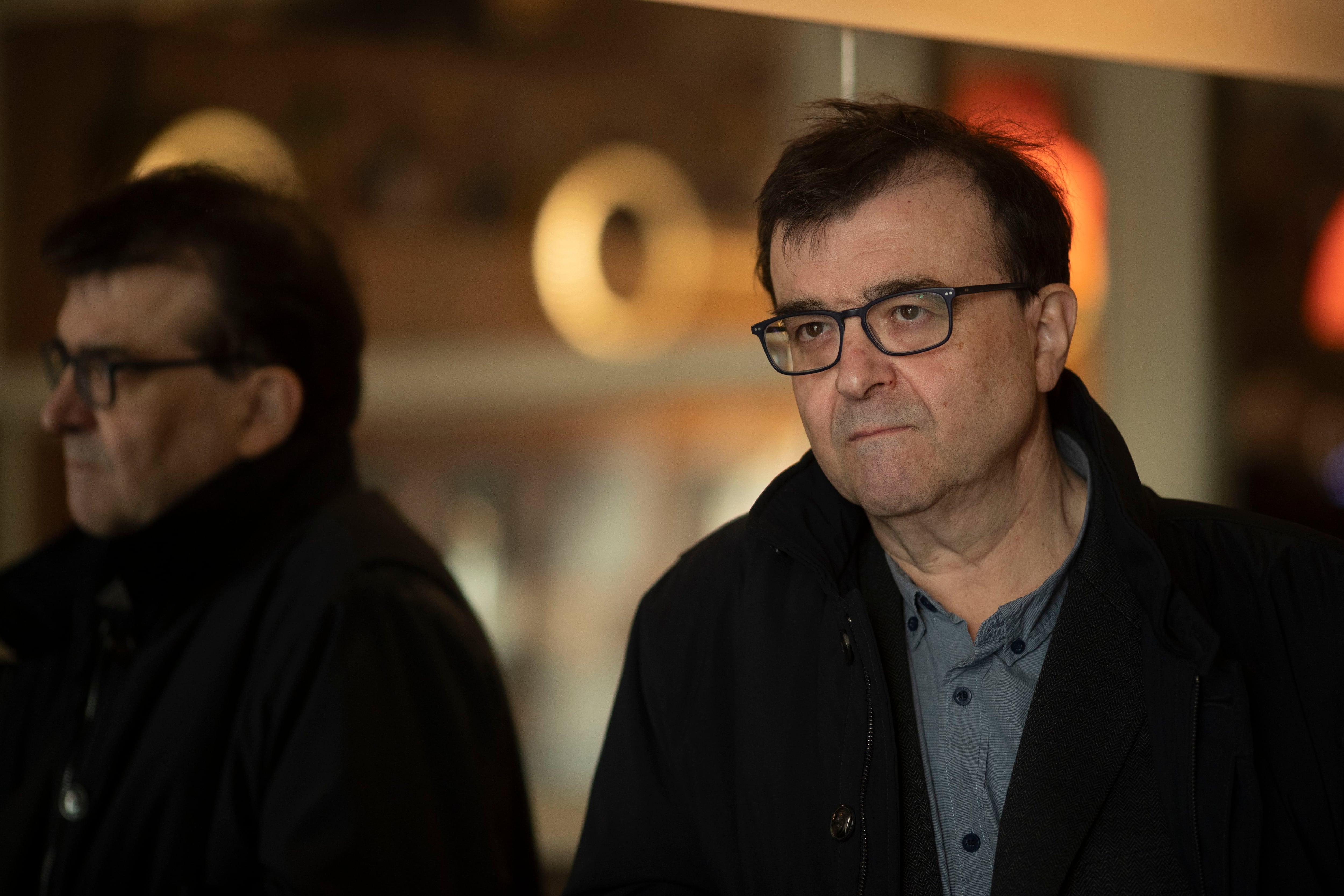With Javier Cercas the 21st century enters the Royal Spanish Academy not because Cercas is a young man, which he is not (he is 62 years old), but because his most mature, innovative and imaginative literature does belong to this century and has contributed like very few writers of any language to transform it inside and out. What could have been a transformation of state scope – the rereading by the grandchildren of the anguish and defeat of the Civil War in Soldiers of Salamis― obtained an international success that transcended the instantaneous and massive Spanish impact, helped even by one of its promoters today at the Academy, Mario Vargas Llosa. But then he opened the spectrum of literary experimentation with new inventions: it was no longer just a matter of approaching fiction with the naturalness of chronicle and achieving analogous effects, but of subjecting fiction to the discipline of history and factual reality. That fabulous new and unusual novel that is Anatomy of a moment revealed a moral and literary imagination gifted to tell in a fast-paced and luminous way a dark episode in Spanish history… which also worked among readers who had no idea who Gutiérrez Mellado or Santiago Carrillo was, as is possibly the case today among new readers of that masterful book.
I have no idea what this philologist and writer with a granite, absorbing and pathological training and vocation will be able to contribute to the Academy. I do know that the RAE feels great that he replaces another great novelist of contemporary Spain who died very prematurely, Javier Marías, and that he does so when the memory of Francisco Rico is still alive in his heart as a friend (and in many others). ). It is a luxury of the RAE to have among its members the writer who has done the most to invent experiments without the burden of experimentalism (which is killing readers with boredom) and who has known how to tell stories and moral conflicts without stopping the staff in in the middle of the street, without pointing to the blackboard with the magic solution and without giving up understanding people’s most intimate contradictions. He is so good that he even gives future readers the possibility of unforeseen discoveries, as will happen when one of them reads The speed of light and he is dismayed that today it is not considered one of his most powerful works (but it is). Your Enric Marco in The impostor or his Melchor Marín from the triptych High Earth (with so much of Cercas himself invisibly spread throughout the character) are more alive than all the neighbors in my neighborhood (and it is a big neighborhood). It does not seem difficult for him to be able to revitalize, even from time to time, the discussions in a house that is as virtuous as it is sometimes separated from what Cercas knows best: the real world.
Subscribe to continue reading
Read without limits
_

